This war is not about territory, it is about identity. Putin has made no secret of the fact that he does not recognise Ukraine as an independent nation, with its own history and culture. The war against Ukraine is his attempt to prove that the country is simply part of a greater, unified Russia. Ukraine on the other hand is fighting to have its own identity recognised by Russia, and the world. It sees itself as a European, constitutional democracy, its future belonging to the EU rather than to a satellite of Russia. When it comes to understanding issues of identity, difference and the struggle for recognition, there’s one philosopher we need to turn to: Hegel, writes Paul Giladi.
There is perhaps nothing that defines our present moment in geopolitical history more than the brutal war waged on Ukraine by Vladimir Putin. This is not so much because the unlawful invasion of a sovereign, post-Soviet democratic constitutional state has inspired, particularly in the Global North, a Eurocentric elegy for an officially now-broken-77-year-long ‘peace’ on the continent. Rather, the multidimensional conflict between Ukraine and Putin’s regime may well be most evocative of the present, insofar as it intensely embodies in radically antithetical ways for Ukraine and for Putin’s Russia, a struggle for recognition.
If there was ever a philosopher whose conceptual toolkit can so powerfully make sense of social conflict in general – let alone the current war with all its particularities – it is not Plato, it is not Thomas Hobbes, it is not Jean-Jacques Rousseau, it is, most surprisingly, not even Karl Marx. It is G.W.F. Hegel. This is why Theodor W. Adorno, one of the 20th century’s most brilliant and sensitive minds, wrote that the most pressing matter for any thinkers remotely invested in the social world is answering the question ‘What does the present mean in the face of Hegel?’.
I can’t help but think there is a delicious irony now: Hegel’s corpus of work often appears so foreboding, to the extent that it is traditionally held up as a paradigm of abstract, obscure discursive claptrap; but his J.G. Fichte-inspired concept of recognition – especially struggles for recognition – is so intensely concrete, so vividly clear, and so emotionally salient: it goes straight to the intellectual and affective heart of the logic of all social movements – from progressive ones like Black Lives Matter to regressive ones like the Alt-Right and neo-fascism.
___
___
From the recognition theory perspective, on the one side, Putin has unleashed the might of the Russian military on the former Soviet Republic to assert the symbolic and material primacy of Russian identity. On the other side, Ukraine has responded with ferocious symbolic and material resistance that demands recognition for its own territorial, its own economic, and in some sense most importantly, its own cultural integrity and dignity. To really understand the conflict, then, involves shining a light on key aspects of Hegel’s ‘realm of shadows’ – his logic and metaphysics – by viewing the conflict between Putin and Ukraine through the metaphysical lens of the collision between the category of ‘difference’ (i.e., heterogeneity) and the category of ‘universality’ (i.e., homogeneity).
When drives toward difference and drives toward universality collide, the consequent type of socio-political conflict, is not simply a material struggle over redistribution, but a struggle over, as Jürgen Habermas puts it,







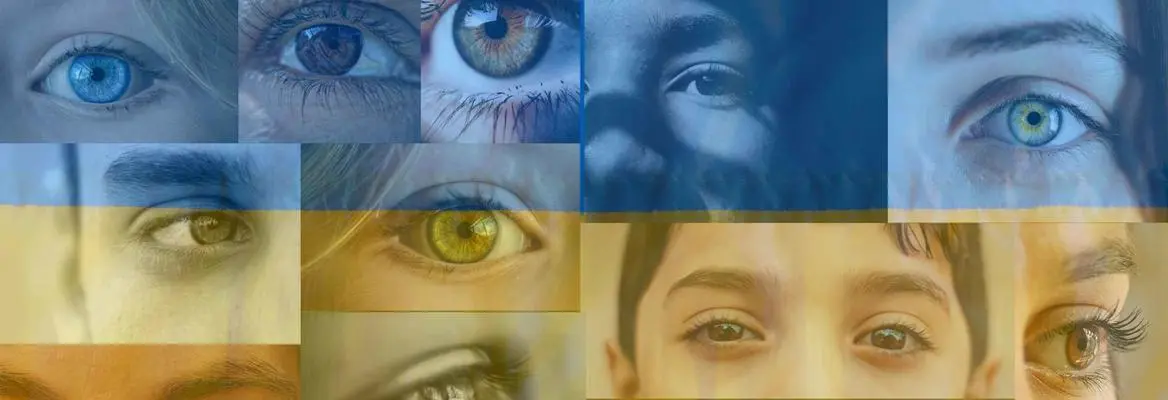



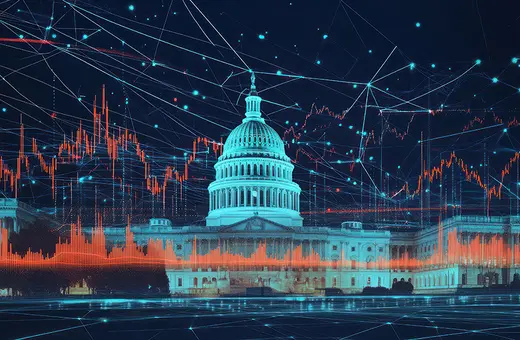
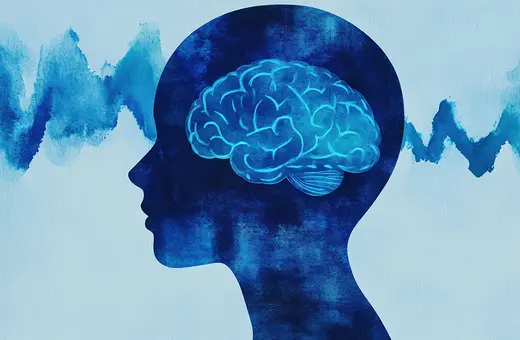
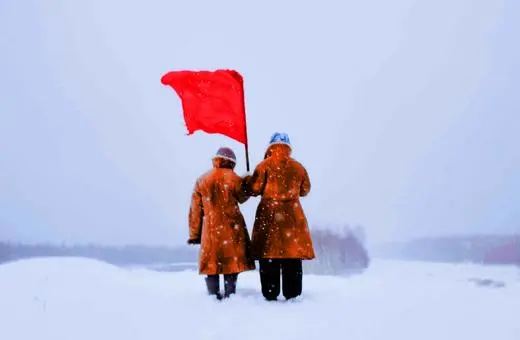
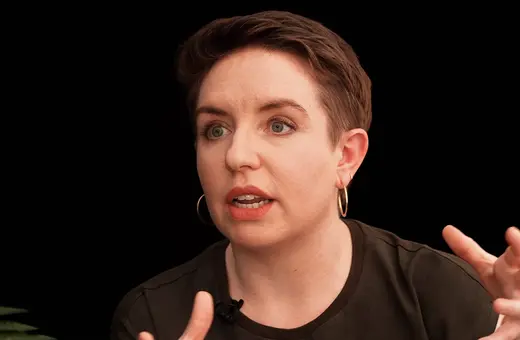
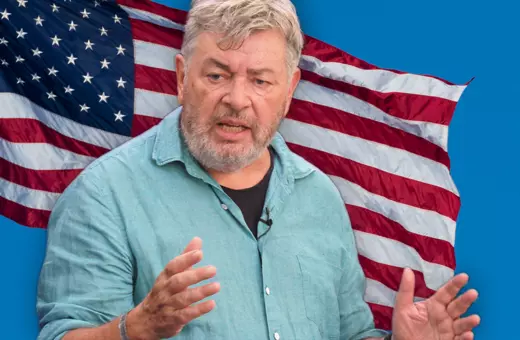





Join the conversation